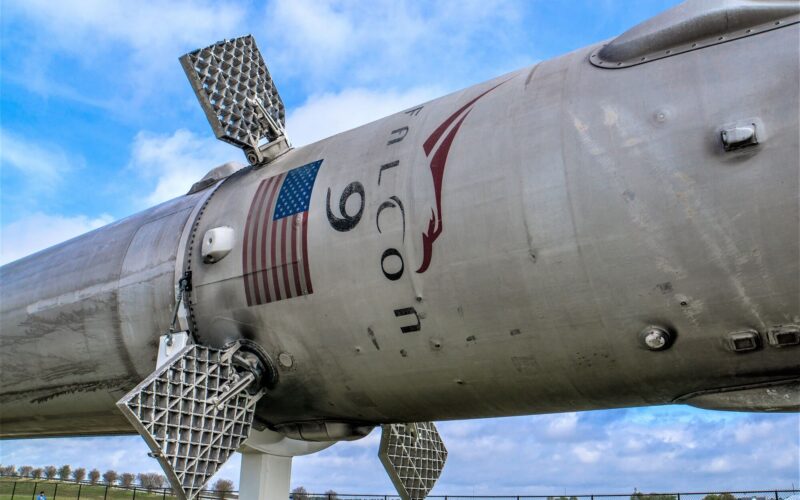The European Space Agency (ESA) will use Elon Musk’s SpaceX Falcon 9 rockets to launch the Euclid space telescope mission and the Hera probe.
The decision was made because of delays to its own Ariane 6 rocket and the cancellation of flights on Russia’s Soyuz launchers from French Guiana due to sanctions over Russia’s war in Ukraine.
Speaking at an ESA Council meeting, which took place on October 20, 2022, ESA director general Josef Aschbacher confirmed that while the two launches were earlier set to be conducted by Russia’s Soyuz rockets, Euclid, an astrophysics mission, will now be launched on a Falcon 9 in 2023, and Hera, which will probe the Didymos asteroid, will begin in late 2024.
“The member states have decided that Euclid and Hera are proposed to be launched on Falcon 9,” Aschbacher said, as reported by Reuters.
The announcement followed ESA’s decision to delay the launch date of the Ariane 6, a new heavy lift launch system, which could have replaced Russia’s Soyuz on the Euclid and Hera missions.
Ariane 6, which was originally slated to launch in 2020, is now expected to take off for its maiden flight in Q4 of 2023, ESA said in a statement released on October 19, 2022.
However, before Ariane 6 can lift-off, the agency still needs to achieve a few critical milestones, including the completion of the Vulcain 2.1 rocket engine hot firing test campaigns and a review of the launch system qualification. The tasks are expected to be completed by Q1 of 2023.

